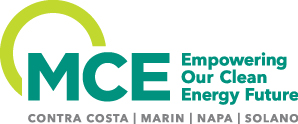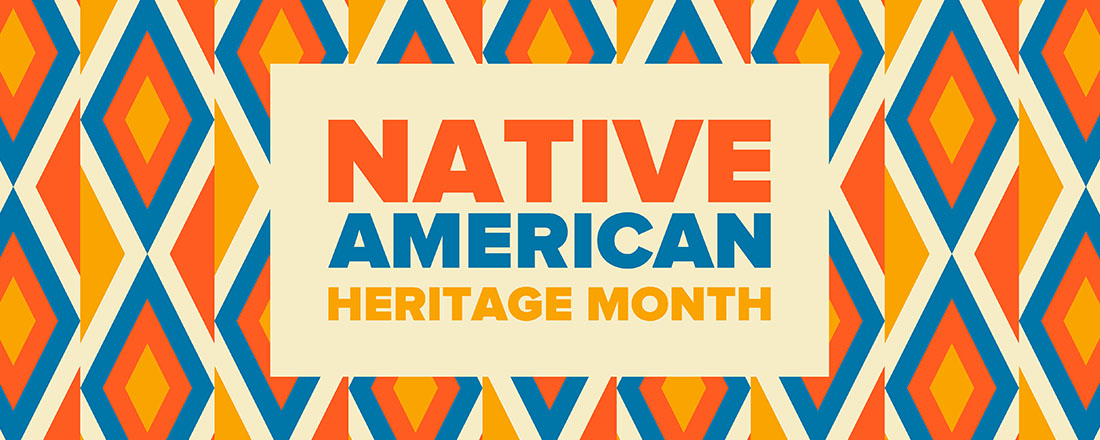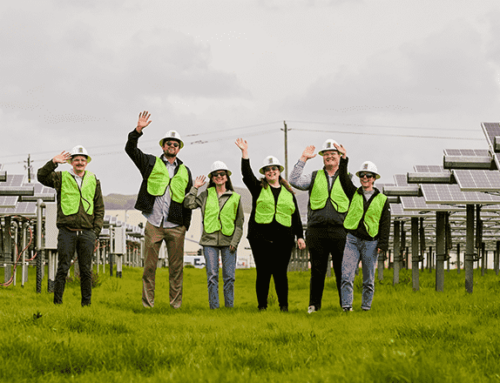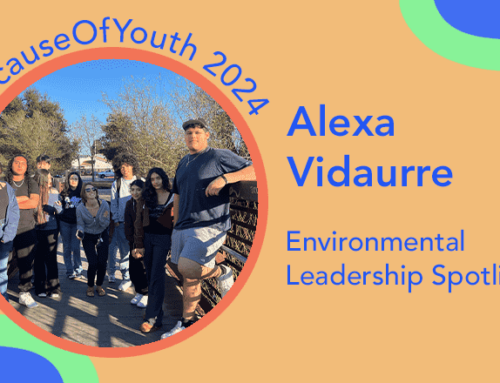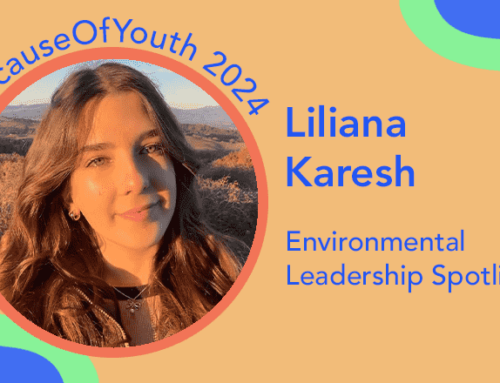November is Native American Heritage month, an important opportunity to reflect on and celebrate the history and cultures of Native Americans. This month we are proud to highlight Charlie Toledo, Executive Director of Suscol Intertribal Council, for her significant contributions to sustainability and increasing visibility and accessibility of resources for indigenous populations. Suscol Intertribal Council is a community-based organization seeking to preserve Native American culture and human rights.
Charlie spent 10 years on the California Public Utility Commission’s Low-Income Oversight Board. She is currently working on building a zero-net energy system for Suskol House, a sanctuary where indigenous people hold ceremonies and gatherings.
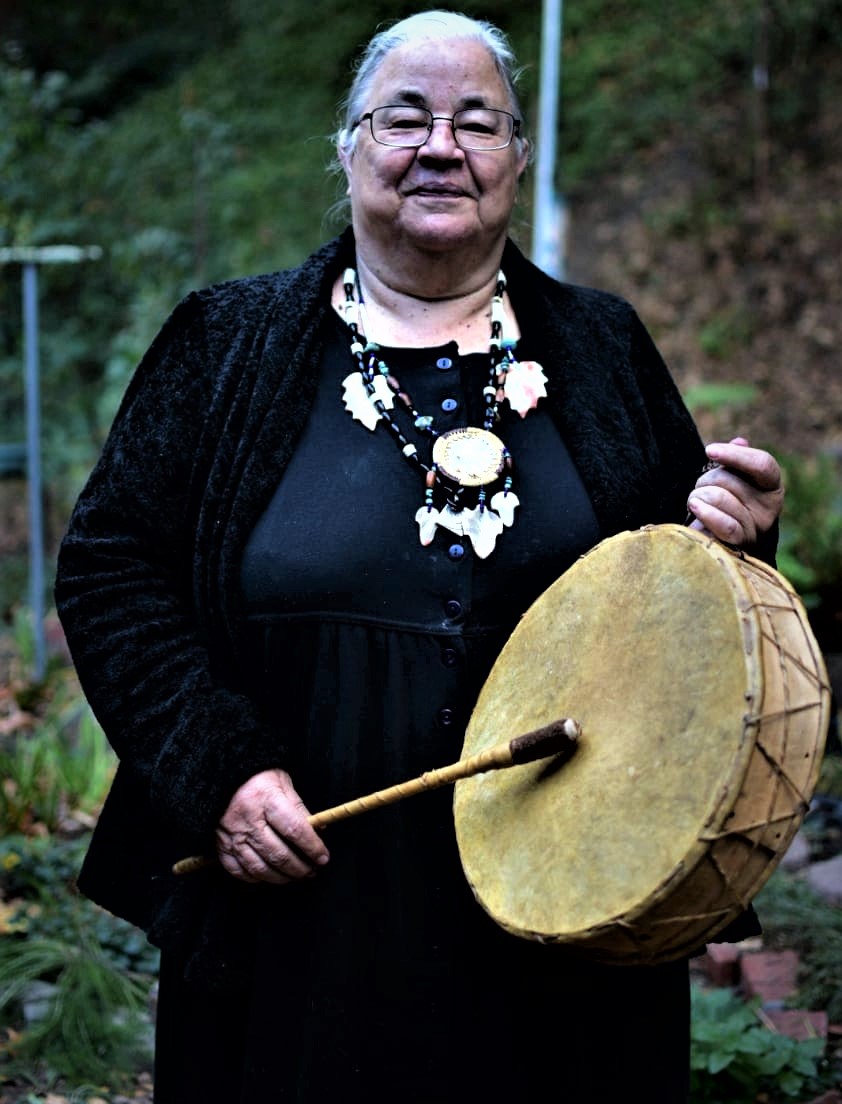
Can you share a bit about your background?
I am a native of Albuquerque, New Mexico, and a descendant of the Towa tribe west of Santa Fe. My grandparents were forced into assimilation, and my parents are both descendants of the Tome Land grant, an area deeded to “Tribeless Indians.”
I was 8 years old when my family moved to Southern California. After graduating college, I settled in Napa in 1972, where I have lived ever since. After slowly recovering my Native American identity, I reorganized Suscol Intertribal Council in 1992 and became the Executive Director.
What is the mission of the Suscol Intertribal Council?
Our primary mission is the preservation of Native American traditions and cultures. We are also dedicated to preserving human rights for indigenous people by networking with other nongovernmental organizations around the world and in consultative status with the United Nations.
What are some of the Suscol Intertribal Council’s initiatives?
In 1992, Suscol Intertribal Council began developing curriculum and video libraries for schools. Suscol conducts weekly presentations to schools and organizations to share history from a Native American perspective. We also provide resources for those with mental health issues. We offer craft classes, drum circles, and talking circles to Native Americans and others with an interest and respect for Native American traditions. We help Native Americans work with their utilities to save money and access programs. We also help change statewide policies for tribes and tribal consultations.
What is Suskol House?
Suskol House is a 23-acre land base dedicated to the preservation of Native American culture and the “Unity of All Life.” It was important to make it a zero-net energy facility by combining indigenous land practices with modern technology. Our vision is that it will be used as an incubator model for sustainable farming, off-the-grid housing, construction, and land management.
What was your proudest achievement while you were on the CPUC Low-Income Oversight Board?
Before my tenure began in 2010, the tribes were really unserved, so my goal was to increase visibility for Native Americans. Over years of requests and presentations, Native American tribes became a priority population. We created continuous pressure and education until the utilities began to create permanent positions for tribal liaisons within their agencies.
What is your vision for the Suscol Intertribal Council and the indigenous/native community in Napa?
Self-determination and self-identification. Native Americans are currently restricted, without free and open access to tell our story. Historical accuracy and education are very important because social justice issues must have a basis of truth. The overriding vision is to share Native American history and culture and to live with open access to the benefits of society. I also foresee our community taking a place within the government to oversee the management of resources and create a sustainable future for the next generations.
